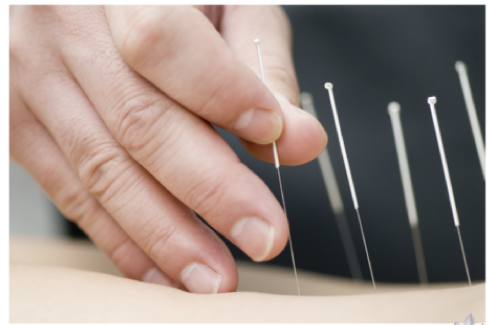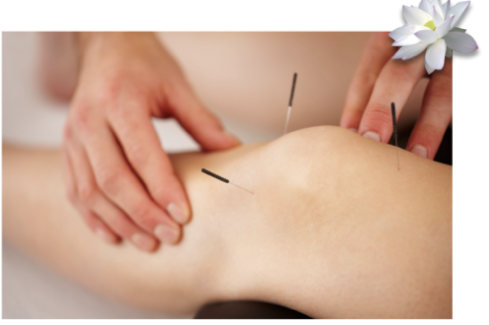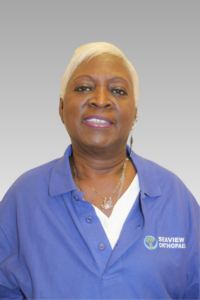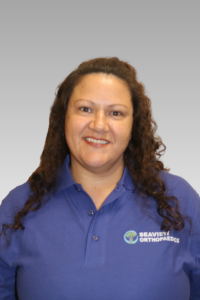Acupuncture
What is Acupuncture?
Acupuncture is the stimulation of certain points on or near the surface of the body by the insertion of needles to prevent or modify the perception of pain or to normalize psychological functions, including pain control. It is often used for the treatment of diseases or dysfunctions of the body and includes the techniques of electroacupuncture, mechanical stimulation, adjunctive therapies and moxibustion.
Is Acupuncture Covered by Insurance?
Today, acupuncture is now covered by many insurance policies and is used most broadly to relieve pain.
Acupuncture Treatment
During your initial exam, a full health history will be taken. Questions will be asked regarding symptoms, health, and lifestyle. Your acupuncturist may check pulses and tongue. This information is then organized to create a diagnosis of your body condition. After the interview process, you may receive an acupuncture treatment. Your acupuncturist will place fine, sterile acupoints on the body. It is a safe and effective way to treat a wide variety of medical problems.
A treatment normally takes about 45 to 60 minutes.
Common Questions:
Currently, there is no western scientific theory that explains all of the psychological mechanisms underlying the effects of Acupuncture. This is because Acupuncture has a range of therapeutic effects on the body thus the action must vary depending on the type of pathology. However, it is said that acupuncture primarily produces its effect through regulating the nervous system. Regulation of the nervous system helps the activity of pain-killing biochemicals such as endorphins and immune system cells at specific sites in the body. In addition, studies have shown that acupuncture may alter brain chemistry by changing the release of neurotransmitters and neurohormones. These affect the parts of the central nervous system related to sensation and involuntary body functions, such as immune reactions and processes that regulate a person’s blood pressure, blood flow, and body temperature.
FDA approved acupuncture needles are factory sterilized and disposed of after use. Needles have no coating on them and do not contain any substance. Licensed acupuncturists are fully trained in anatomy and acupuncture point location, as well as certified in Clean Needle Technique, maximizing your safety.
People experience acupuncture needling differently. Most patients feel only minimal pain as the needles are inserted; some feel no pain at all. Once the needles are in place, there is no pain felt. Acupuncture needles are very thin (less than 1/10th the thickness of the typical hypodermic needle) and made from stainless steel. Insertion through the skin is much less painful than injection or blood sampling. The risk of bruising and skin irritation is less than when using a hollow needle. By using disposable needles, there is no risk of infection from the treatments.
The number of treatments needed differs from person to person. For complex or long-standing conditions, one or two treatments a week for several months may be recommended. For acute problems, usually fewer visits are required.
Seaview Orthopaedics Acupuncture does participate with Medicare. It is important that you contact your insurance company prior to receiving services or care at Seaview Orthopaedic and Medical Associates. Each plan is different and some provide different levels of coverage that could make a difference in your out-of-pocket costs. It is always best for the patient receiving care to contact their insurance company to obtain more information.

Acupuncture For Low Back Pain
A 2012 analysis of data on participants in acupuncture studies looked at back and neck pain together and found that actual acupuncture was more helpful than either no acupuncture or simulated acupuncture.
A 2010 review by the Agency for Healthcare Research and Quality found that acupuncture relieved low-back pain immediately after treatment but not over longer periods of time.
A 2008 systematic review of studies on acupuncture for low-back pain found strong evidence that combining acupuncture with usual care helps more than usual care alone. The same review also found strong evidence that there is no difference between the effects of actual and simulated acupuncture in people with low-back pain.

Meet Our Acupuncture Staff

Maria Phillips, Lac

Taryn Parascand, Lac

Heather Pilling, Lac

Laura Rook, Lac

Nilesh Shah, Lac

